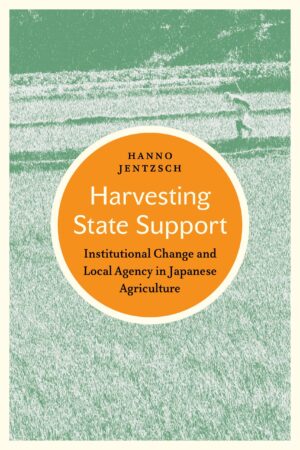
Vortrag am 12. Mai 2022, 13 Uhr CET: „Just energy transition on the ground: what can we now learn from the former coal-producing region in Japan?“ (Akiko Hiratsuka-Sasaki)
As the world urges energy transition towards decarbonisation, it is expected that the cities and regions dependent on fossil-fuel related industries will be greatly affected by the transition. In particular, coal phase-out gives tremendous impacts on the coal industries, workers, and local communities in the coal-producing regions. How can those regions and communities overcome the...





